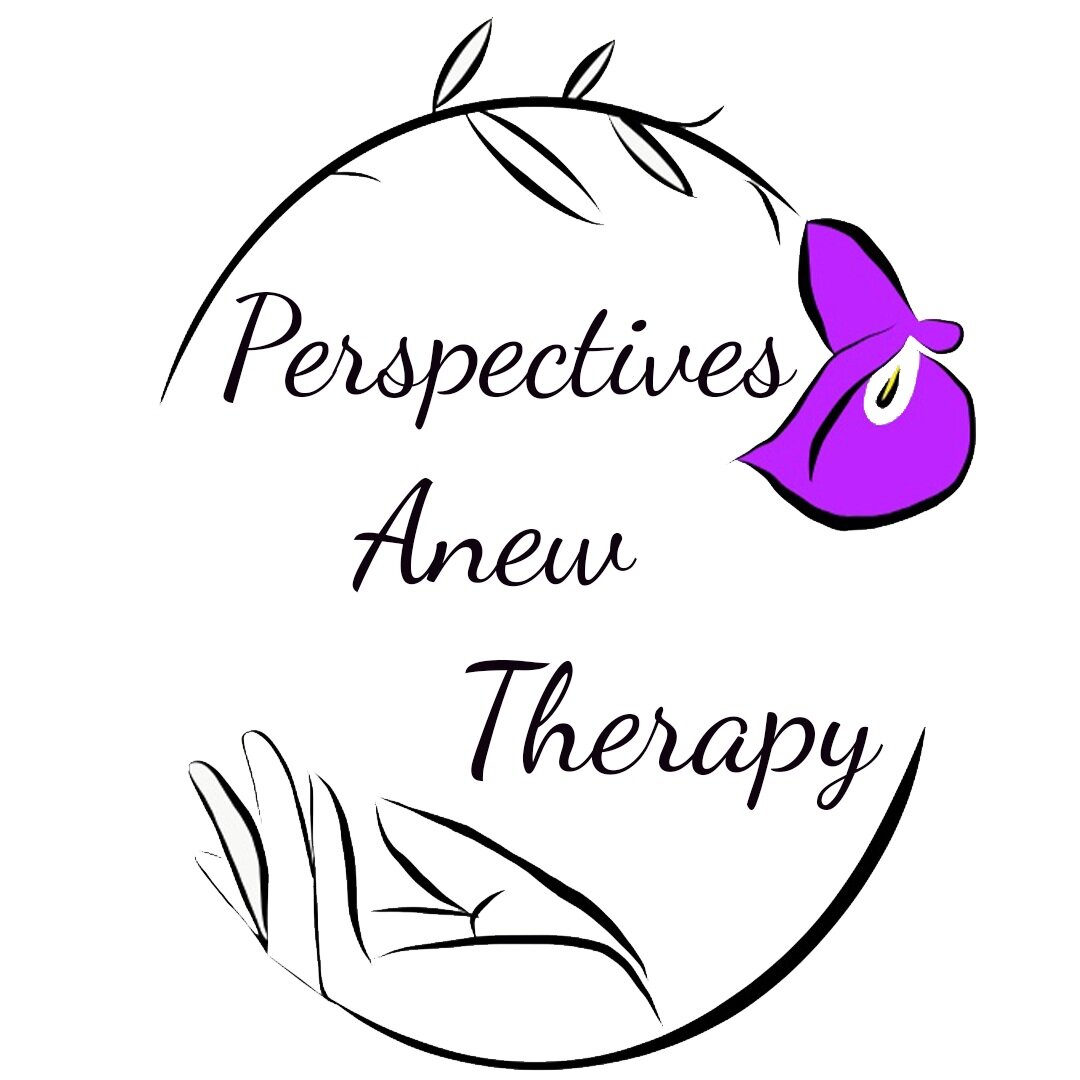Hypersomnia
Hypersomnia is defined as experiencing extreme daytime sleepiness despite getting the proper amount of sleep. This condition affects the ability to function at work and socially, as well as increasing the likelihood of being involved in an accident. Symptoms of hypersomnia include constant and extreme sleepiness during the day, sleeping ten or more hours daily on a regular basis but still having difficulty staying awake during the day, and decreased energy. Other symptoms include difficulty waking up in the morning or after naps (“sleep drunkenness”), anxiety, irritability, restlessness, slow thinking and speech, memory problems, headaches, loss of appetite, inability to focus, and hallucinations. The condition affects 5% of the population with it being more common in females than males.
Although the causes of hypersomnia remain unknown and there isn’t a cure, there are many lifestyle changes that can be made to cope with the chronic illness. Going to bed at the same time each night, avoiding caffeinated products within several hours of bedtime, avoiding smoking near bedtime, and avoiding working night shifts can help one cope. When seeking treatment for this condition, the two main options are medications such as Provigil or Sunosi and lifestyle changes such as the ones mentioned above. It’s important to note that anxiety does not cause hypersomnia, however having the condition can cause an individual to experience anxiety. Because the condition can negatively impact your quality of life, it’s important to seek help from a sleep specialist and/or a therapist who can help manage symptoms.
Source: Cleveland Clinic
